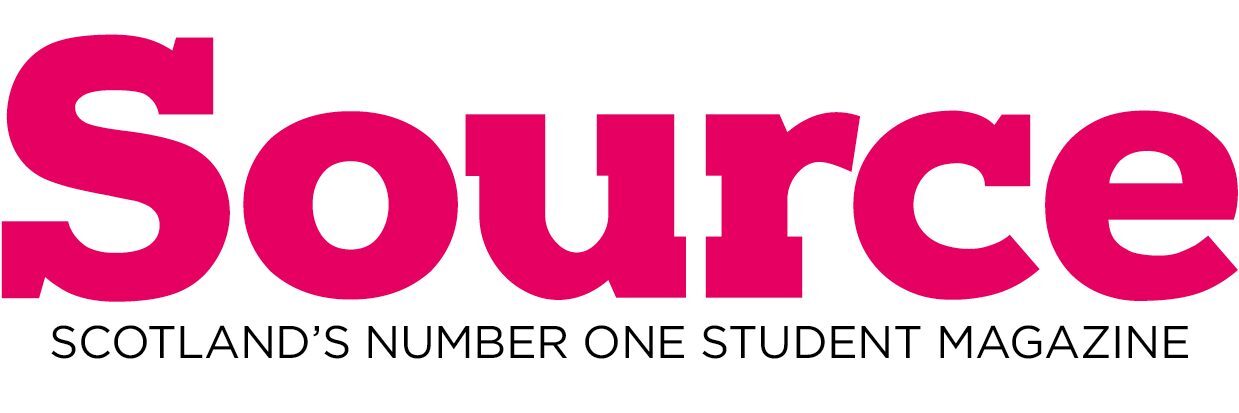From volunteering or travelling to work experience and internships, taking time out after school to do something that inspires you will certainly benefit your future.
If you already know what you want to do after school or if you have no idea, taking time out to do something different
can help. Often referred to as a gap year, a period of time away from education can help you build transferable skills and help
inspire your future.

Travelling, volunteering or working: A gap year doesn’t require a set time period. Tanaka spent 12 weeks volunteering in Zambia after finishing an undergraduate degree and a master’s degree at the University of Stirling.
“I don’t think there’s a right time, you can do it either before or after higher education,” reveals Tanaka. “You don’t even really need to know what you want to do in the future, it’s an experience and a learning curve in general.”
Perception
The time you take away from education doesn’t have to be a full year, it could be as little as a few months or as long as you
are comfortable. Time doing something different can help you decide what you want to do, build your confidence and develop your CV.
“It’s so much fun, it’s amazing, but it’s also remembering these are real people’s lives,” explains Tanaka. “It’s impactful work and it makes you feel good after as well.”
It’s important to remember that this time doesn’t have to follow the traditional gap year model: Travelling the world for fun isn’t possible for everyone.
“There’s a lot of mythology around the idea of a gap year,” explains Chris Rea from Prospects, an organisation giving careers and education advice in the UK. “It can be just as profound an experience if you spend it one mile down the road as 5,000 miles away.”

As uncertainty around travel continues due to the coronavirus, you don’t have to give up the idea of a gap year. Spending this time closer to home can be just as valuable and exciting as going abroad, plus, you won’t have to change your plans last minute if rules change.
Alongside seeing new places or volunteering to help others, you could take this time to gain real-world experience in
a workplace, or to intern in the industry you would like to pursue in the future.
Your path
Whatever path you decide to follow, you will be benefitting your future self.
“There’s no template for it, and it does not have to be completed within a set period of time according to a certain plan,” stresses Chris. “It can play a very important part in helping somebody feel ready for the next steps.”
Born in Zimbabwe but having lived most of her life in Scotland, Tanaka always wanted to work in international development
and knew that volunteering with VSO could help her on this path, she says: “It’s perfect if you have a future goal in mind, or if you really want to just change your outlook on the world that we live in.
“It was arguably the best thing I’ve ever done in my life.”
If you already have an idea in mind, or you know you want to take time out of education but you aren’t sure how, getting support is essential. People like your teachers, parents and a careers advisor will support you to choose the right project.
“Get as many different perspectives as possible to help you make those sorts of decisions,” recommends Chris. “Try not to
make [this decision] on your own with a feeling of being rushed or impelled to make a decision.”
Having goals in mind of what you want to achieve in this time can be a helpful factor when considering your path.

“Have your goals set out even if they are short term goals or if they are long term goals, it’s so important to have that,” explains
Tanaka.
Starting your preparation as early as possible will allow you to consider all of your options and make the right choice.
“As far as possible, understand that you as a student have got options and that people do want to hear from you,” reveals Chris. “You will learn how to present yourself, confidence, resilience and they’re very valuable to your prospects and your future.”
Reflection
Once you have chosen your path and are ready to set off on your next adventure, recording and reflecting on your experience is
key. This will help you present what you have learnt to higher education providers and future employers.
“They’re not just interested in the fact that you’ve done it, it’s how you explain that and how you translate it or interpret it,” reveals Chris. “Ask yourself: What did you do? What did you learn from that? What experiences did you have? What did you bring to it? How did you change along the way?”#

Get to know as many people as you can during this time, giving you further opportunities in the future. It can also be helpful to
have your team leader write a reference of how you developed over the course of the project.
“People come to me not knowing what to expect, but it was just a new adventure,” remembers Tanaka. “Your whole mindset on certain things kind of changes, you leave with a new place to call home.”
No matter what you want to pursue after your time at school, taking time to volunteer, travel or gain work experience will go on to benefit you in all aspects of your life. Are you ready to start your next adventure?
Find your next adventure
There is a host of organisations out there waiting to support you in travelling, volunteering or work.
Never miss the latest news, interviews and advice, follow Source on Twitter and Instagram.

